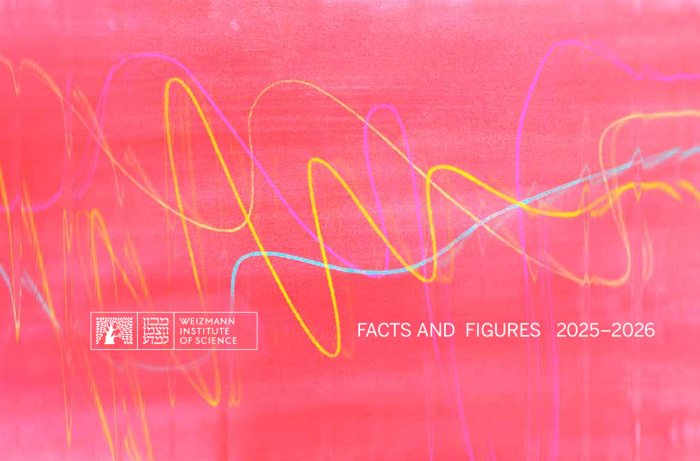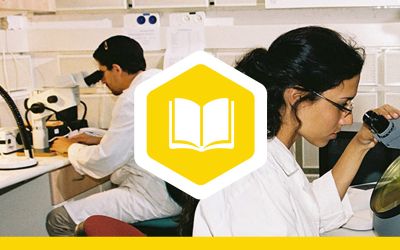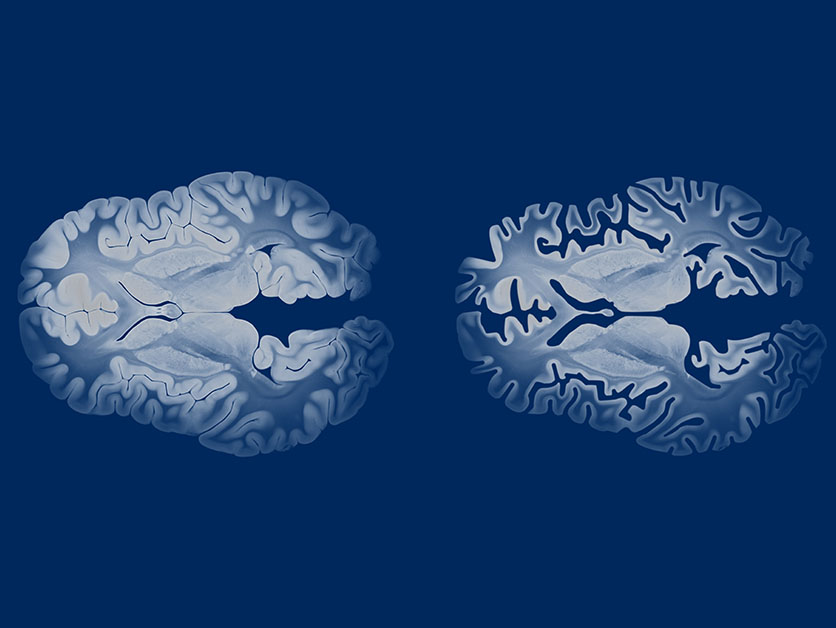




© Photo of the Clore Garden by Ido Kagan Fast Music (4th slide)
European Committee of the
Weizmann Institute of Science
From the Chairman’s desk
«It is my pleasure to welcome you to the website of ECWIS, the the European Committee of the Weizmann Institute of Science. We are a non-profit organization, dedicated to furthering the development of the Weizmann Institute of Science in Rehovot, Israel.
History has repeatedly shown that curiosity-driven research leads to unexpected breakthroughs and has a meaningful long-term impact on all of us. Our goal is to enable such scientific research and raise financial means to support the work of our scientists at the Weizmann Institute of Science, for the future of humanity.
This website aims to share with you a glimpse of the broad and fascinating science that comes from the Weizmann Institute. Through this website, I invite you to step into a magical journey. A journey in the footsteps of human curiosity, passion and knowledge, a journey to learn and come closer to understanding the mysteries of life and the secrets of the universe.
Thank you and enjoy the WOW – Wonders Of Weizmann Institute of Science.»

Bob Drake
Chair of the International Board and Chair of the European Committee, Weizmann Institute of Science
The European Committee of the Weizmann Institute of Science (ECWIS) is Celebrating 65 Years of Partnership Through Science
New Scientists

Introducing New Scientists 2024–2025
The Weizmann Institute is dedicated to discovering, recruiting, and nurturing outstanding scientists across all research domains. There are no hiring limits or quotas by discipline — the sole criterion is excellence.
Read more about our six new Weizmann scientists who are harnessing their curiosity to explore life and exact sciences.
Explore our flagship projects
latest science news
Science news from the Weizmann Institute of Science
Source:
Weizmann Wonder Wander

















